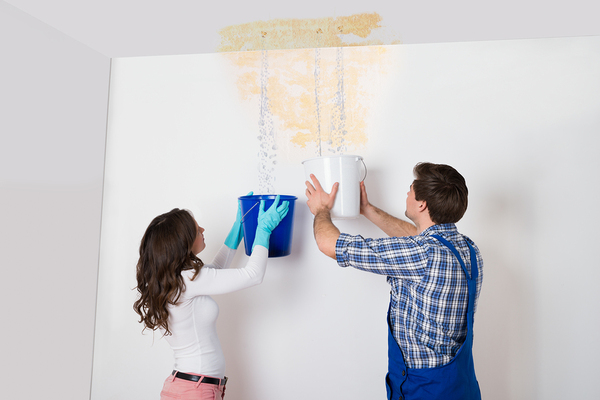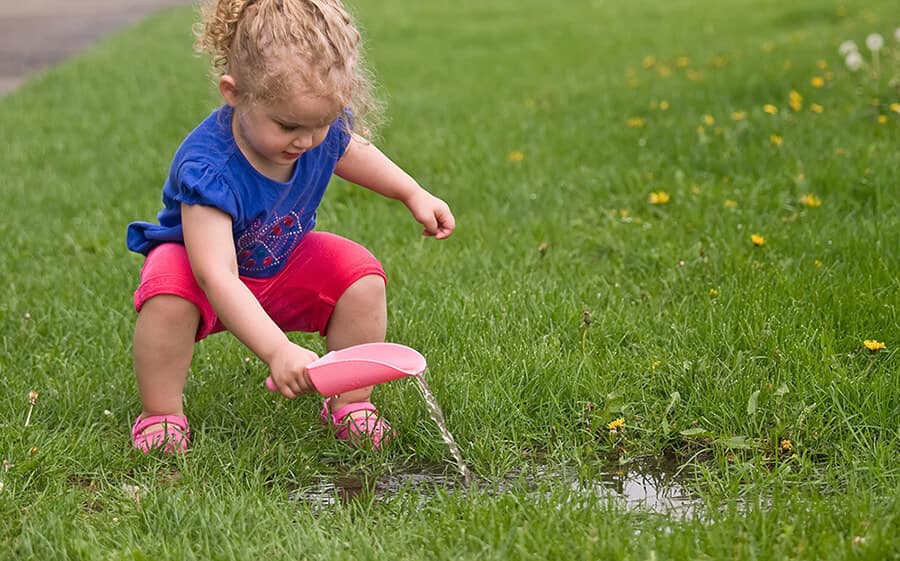Identify Common Causes for Leak Issues in Your Home
Identify Common Causes for Leak Issues in Your Home
Blog Article
The article author is making a few great pointers on the subject of How to detect water leaks in your home in general in the content down the page.

Leaks not just cause waste of water yet can additionally create unneeded damages to your home and also advertise unwanted organic development. Sadly, water leakages might go undetected since the majority of the pipework in our residence is hidden. By looking and also understanding for daily scenarios that create leaks, you can safeguard your house from future leaks as well as unnecessary damage. Today, we will take a look at six leakage creates that may be causing your pipelines to leak.
Immediate temperature modifications.
Severe temperature changes in our pipes can cause them to broaden and contract suddenly. This expansion and contraction may trigger fractures in the pipelines, especially if the temperature level are below freezing. If you kept an eye on how your plumbing works, it would certainly be best. The visibility of the formerly stated conditions often suggests a high risk.
Corroded water systems
This could be the reason of staining or bending on your water pipelines. If our plumbing system is old, consider changing the pipes because they are at a higher danger of corrosion than the more recent designs.
Faulty Pipe Joints
Pipeline joints can degrade over time, resulting in water leaks. If you have noisy pipes that make ticking or banging noises, specifically when the hot water is transformed on, your pipe joints are most likely under a lot of pressure.
Elbowing in roots
Many water leakages begin outside the house instead than inside it. You might notice damp spots or sinkholes in your yard, as well as that might suggest that tree roots are invading water lines creating water to seep out.
Poor Water Connectors
At times, a leakage can be caused by loose hose pipes and pipelines that provide your home appliances. In case of a water links leak, you might observe water running directly from the supply line or pools around your home appliances.
Clogged Drains
Blocked drains could be bothersome and also inconveniencing, however they can occasionally end up triggering an overflow bring about rupture pipelines. Maintain eliminating any type of materials that may decrease your drains that might clog them to stay clear of such hassles.
All the above are sources of leakages however not all water leakages arise from plumbing leakages; some leaks could come from roof leakages. All leaks need to be repaired right away to avoid water damage.
Leakages not just cause waste of water yet can also create unnecessary damages to your residence and promote unwanted organic development. By looking and recognizing for daily circumstances that cause leakages, you can secure your house from future leakages as well as unnecessary damages. Today, we will look at six leakage causes that might be creating your pipes to trickle.
At times, a leakage can be caused by loosened pipes and pipes that supply your appliances. In situation of a water links leak, you might notice water running directly from the supply line or pools around your home appliances.
How To Check For Water Leak In Your Home
How To Check for Leaks
The average household's leaks can account for nearly 10,000 gallons of water wasted every year and ten percent of homes have leaks that waste 90 gallons or more per day. Common types of leaks found in the home are worn toilet flappers, dripping faucets, and other leaking valves. These types of leaks are often easy to fix, requiring only a few tools and hardware that can pay for themselves in water savings. Fixing easily corrected household water leaks can save homeowners about 10 percent on their water bills.
To check for leaks in your home, you first need to determine whether you're wasting water and then identify the source of the leak. Here are some tips for finding leaks:
Take a look at your water usage during a colder month, such as January or February. If a family of four exceeds 12,000 gallons per month, there are serious leaks.
Check your water meter before and after a two-hour period when no water is being used. If the meter changes at all, you probably have a leak.
Identify toilet leaks by placing a drop of food coloring in the toilet tank. If any color shows up in the bowl after 10 minutes, you have a leak. (Be sure to flush immediately after the experiment to avoid staining the tank.)
Examine faucet gaskets and pipe fittings for any water on the outside of the pipe to check for surface leaks.
Undetected water leaks can happen without the home or business owner even realizing. If you suspect a water leak, but not able to find the source. It is time to contact a professional water leak detection service, The Leak Doctor.
How To Find a Water Leak In Your Home
https://www.leakdoctor.com/blog/How-To-Check-For-Water-Leak-In-Your-Home_AE197.html

As an avid person who reads about Top Causes of Home Water Leaks, I was thinking sharing that piece was a good idea. Sharing is good. Helping people is fun. We enjoy reading our article about How to detect water leaks in your home.
Water woes? Connect. Report this page